Jami & Joshue
About the couple
Jami is a Stanford graduate and works as a Young Life leader with high schoolers and college students.
Joshue is a freelance photographer.
Interview
By Justin and Nidhi Barber
February, 2020
Photos
By Justin Barber
Pixel 3
Moment Wide Lense
VSCO E1 Preset
Nidhi: Tell us about the cultural context in which you grew up.
Joshue: I grew up in the Philippines. The culture is very similar to Spanish culture because, you know, Spain colonized the Philippines for 333 years. Growing up I only had my mom, my dad would come visit like once a month. I had six older sisters, but I grew up more with my nephew and my cousins. We weren’t really a wealthy family, most of our money came from my aunt working in Hawaii.
I knew way back from when I was seven years old that we were gonna move to Maui, because my grandma lived there and she did all the papers for us to come. But the immigration process got held back, so I didn’t move to Maui until I was 13. It was such a long process. My mom was told not to bring my sister and me because we would be dead weight, but she brought us with her anyway.
Nidhi: Wow. How did you feel about moving?
Joshue: I was stoked because I was told I should be grateful to go to the US. In the Philippines we watched movies like Home Alone, so I thought it was going to be like Chicago with big buildings. So when I came to Maui I thought what the heck? This is the same as the Philippines! Where are the white people?
[laughter]
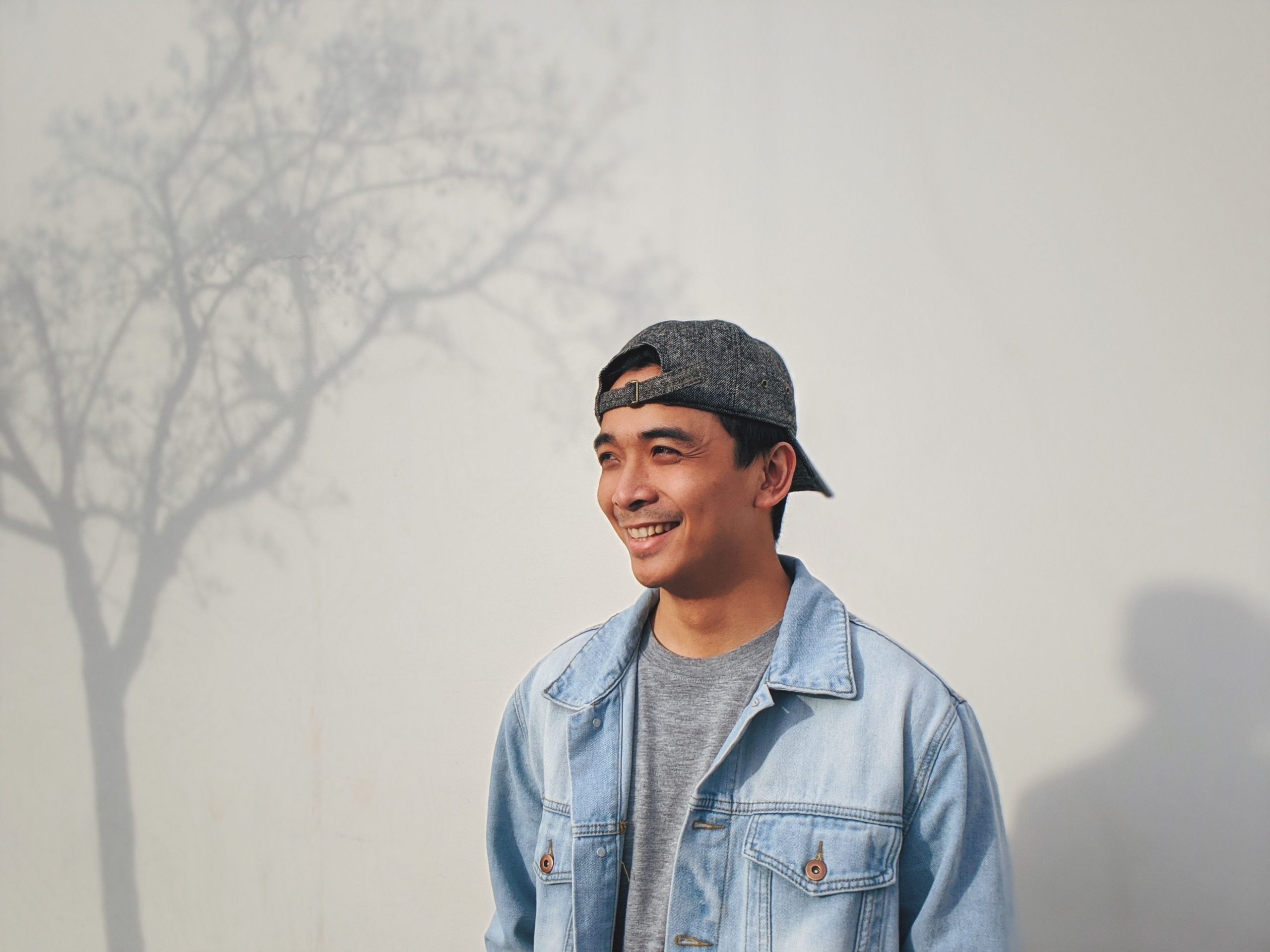
Justin: What was the transition like moving from the Philippines to Maui?
Joshue: It was weird. My first day at school, a Filipino guy approached me and said “hey, we [the Filipinos] hang out at this spot.” I was confused because in the Philippines I hung out with everyone, but I decided to hang out with the other Filipinos there because they spoke my language.
Jami: You should tell them about Haole Hill.
Joshue: Oh yeah, that’s a good one. So in Hawaii it’s very tribal. If you’re Filipino you’re in that circle, then Hawaiians and Polynesians., and then white people. There was this place called “Haole Hill”. “Haole” means “no breath,” but that’s what they called white people – so “Haole Hill” is where all the white kids would hang out.
[laughter]
Joshue: My first week I got bullied because of my Filipino accent. I didn’t understand it then, but that made me really sad and I was wondering how to fix it. In my journey to find a way to speak English better I found these guys who danced who were really welcoming and I stuck with them.
Justin: So dancing was a big part of your time in Maui?
Joshue: Yeah after school we'd be dancing until literally 10pm. We created a culture. It was a big community. It was cool, my motive in joining them was to learn English but I ended up creating friendships.
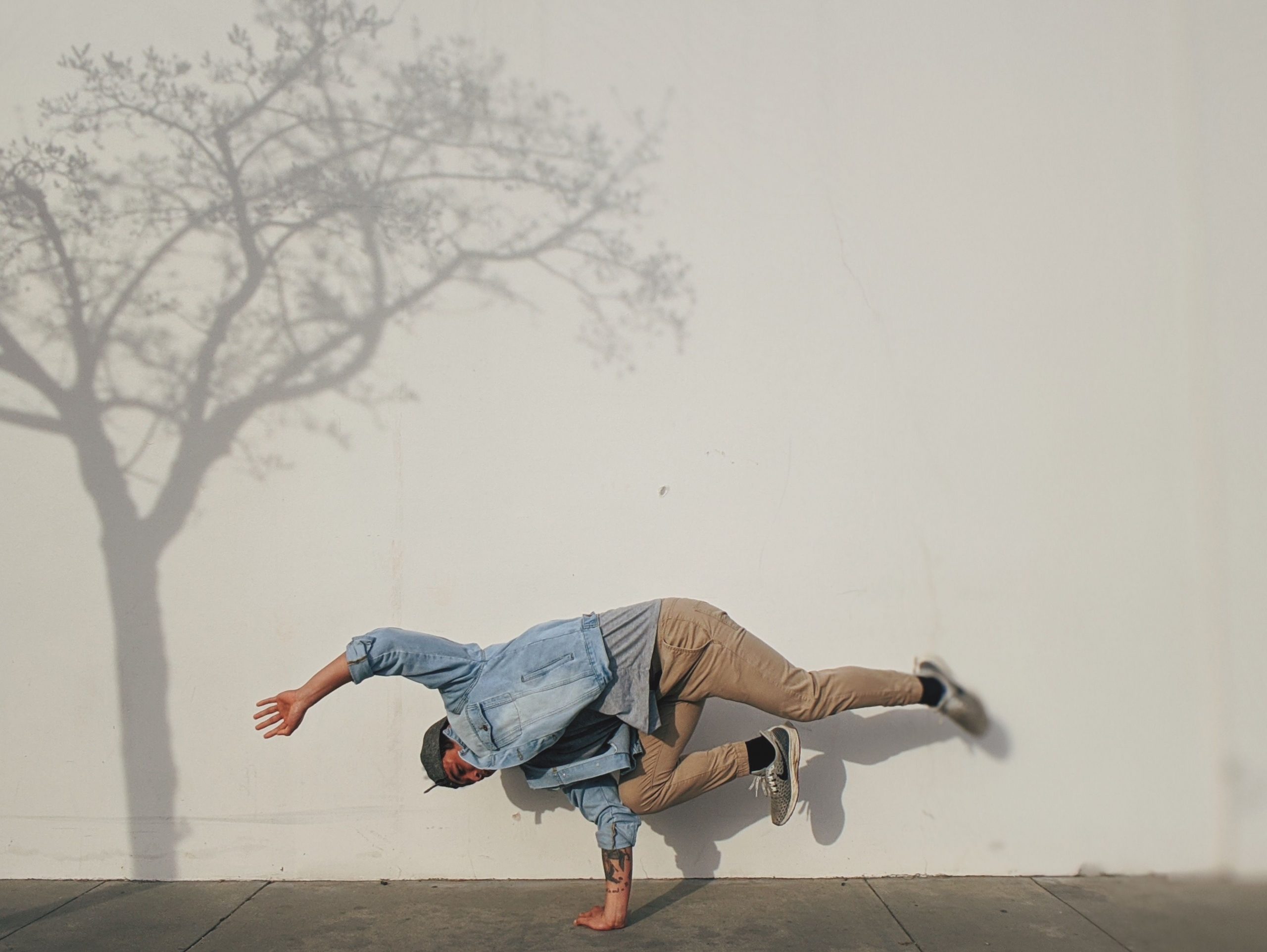
Nidhi: Jami, where did you grow up?
Jami: I grew up in a suburb of Chattanooga, Tennessee. Most of the families around us were pretty affluent. My dad was in ministry and my mom was a stay-at-home mom, so it was interesting to live within our means alongside people who didn’t have many limits on what they spent money on.
We had a pretty tight knit family even though we didn't have any relatives living in the same city. In middle school I started at an all girls school, and that was the beginning of my end. Just kidding. Kind of.
[laughter]
Jami: The all girls environment was brutal socially because of the amount of competition. On one hand I thrived academically because I had amazing teachers, but on the other hand a lot of my value was based on what I could offer and what I achieved. So it was pretty life sucking.
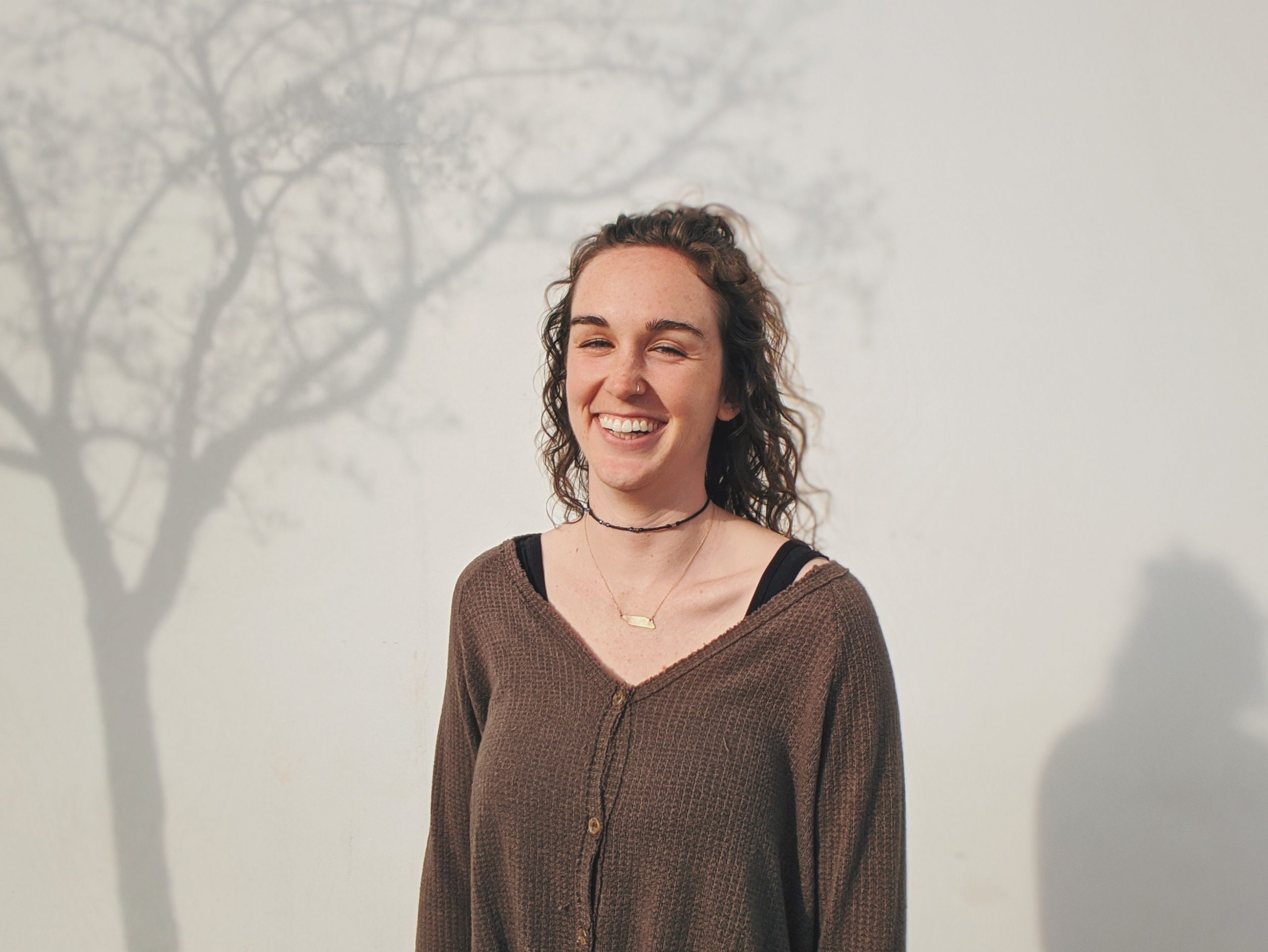
Nidhi: Growing up in a predominantly white area, how did you learn about race?
Jami: I would say a significant part of my understanding of race and culture came from my dad. He grew up in Nashville during busing and things like that, so he saw racism firsthand as his friends experienced it and shared those experiences with me.
When I came to Stanford I began learning from my own peers and from a more academic perspective. I developed new vocabulary like “microaggressions” and “colonial mindset.” My senior year I took a class called “Transforming self in systems: crossing borders in race, gender, ethnicity, class, etc.” which gave me an even stronger interest in these stories.
A few years after graduating I remember thinking about that class and how much I wanted to teach my kids about different cultures. And then I realized I didn't need to wait to have kids in order to do that, so I started reading books by indigenous authors from different countries.
Justin: You’re a great example of how white people can take on the responsibility of learning about and supporting other groups of people in order to bridge the gap, instead of relying on others to do it for them.
Nidhi: Yeah, a lot of the burden to bridge the gap is on people of color. I was recently listening to a Black History Month sermon from the pastor who married us – who’s white – and he made a side comment like, “white people: don’t ask your black friends, just Google it.”
[laughter]
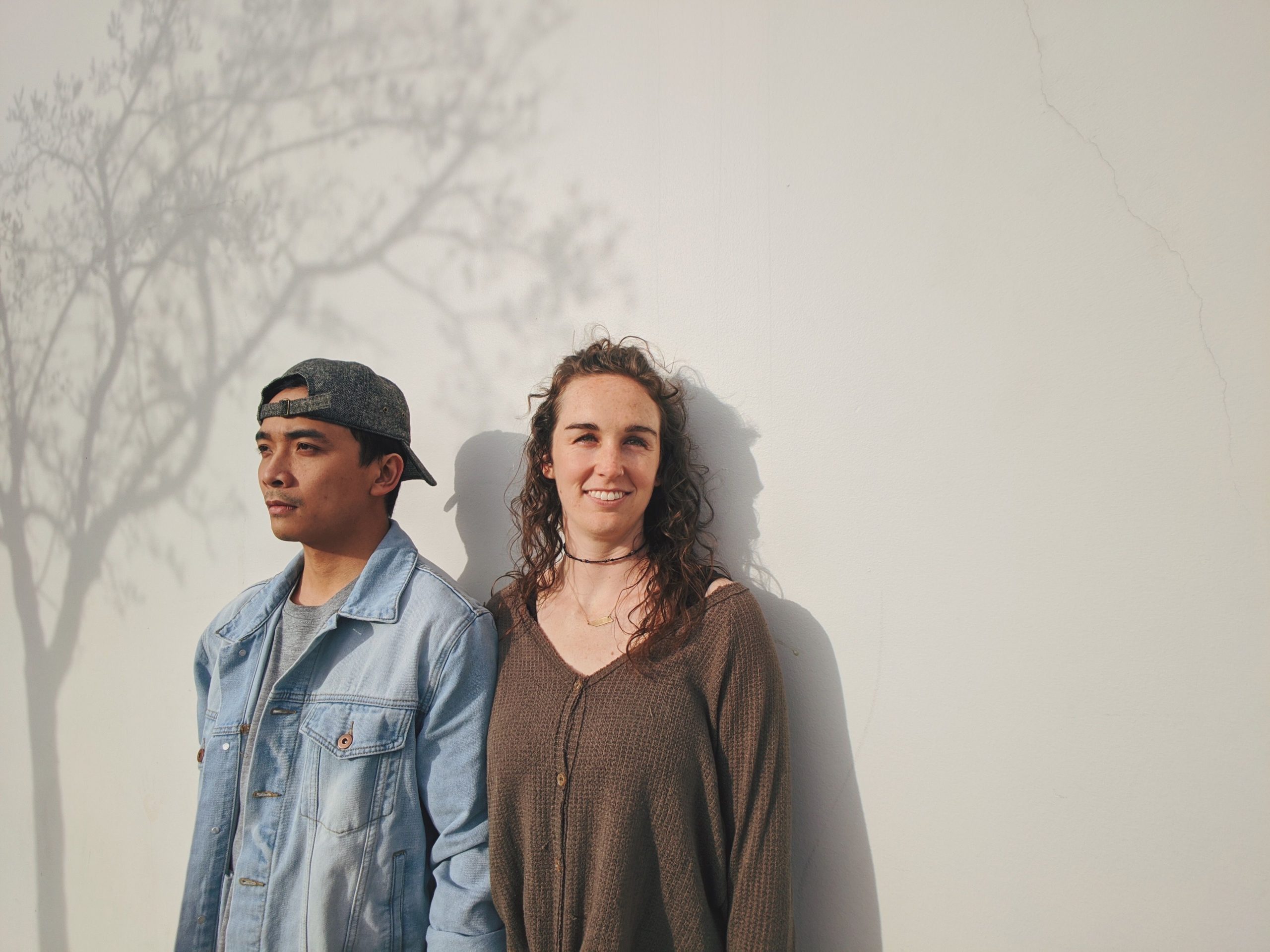
Justin: How did you meet?
Joshue: We were at YoungLife’s Woodleaf Camp. I was a chef, and she was in charge of the kids who came into the dining hall to work as servers.
Jami: When I was helping the high school kids set up the tables and I needed to know what was going on, I’d ask him.
Joshue: So literally our only interactions for two or three weeks was Jami asking me, “hey what do we need to set up?” and I’d say “it’s on the board, you should read it.” I wasn’t very nice. But there was this guy who would always imitate her voice and say “Hiii, Jami” and she’d laugh. So I started noticing that she’s kind of cute.
Nidhi: But you only have one week of camp left!
Joshue: Yeah. So then I started saying “Hiii, Jami.”
[laughter]
Joshue: The next day at an outdoor lunch she sat down with me and asked me how I was doing and that was the first conversation.
Nidhi: Jami, what made you want to have the conversation?
Joshue: I was really curious. I thought he was cute from the getgo.
Nidhi and Justin: Ohhh!
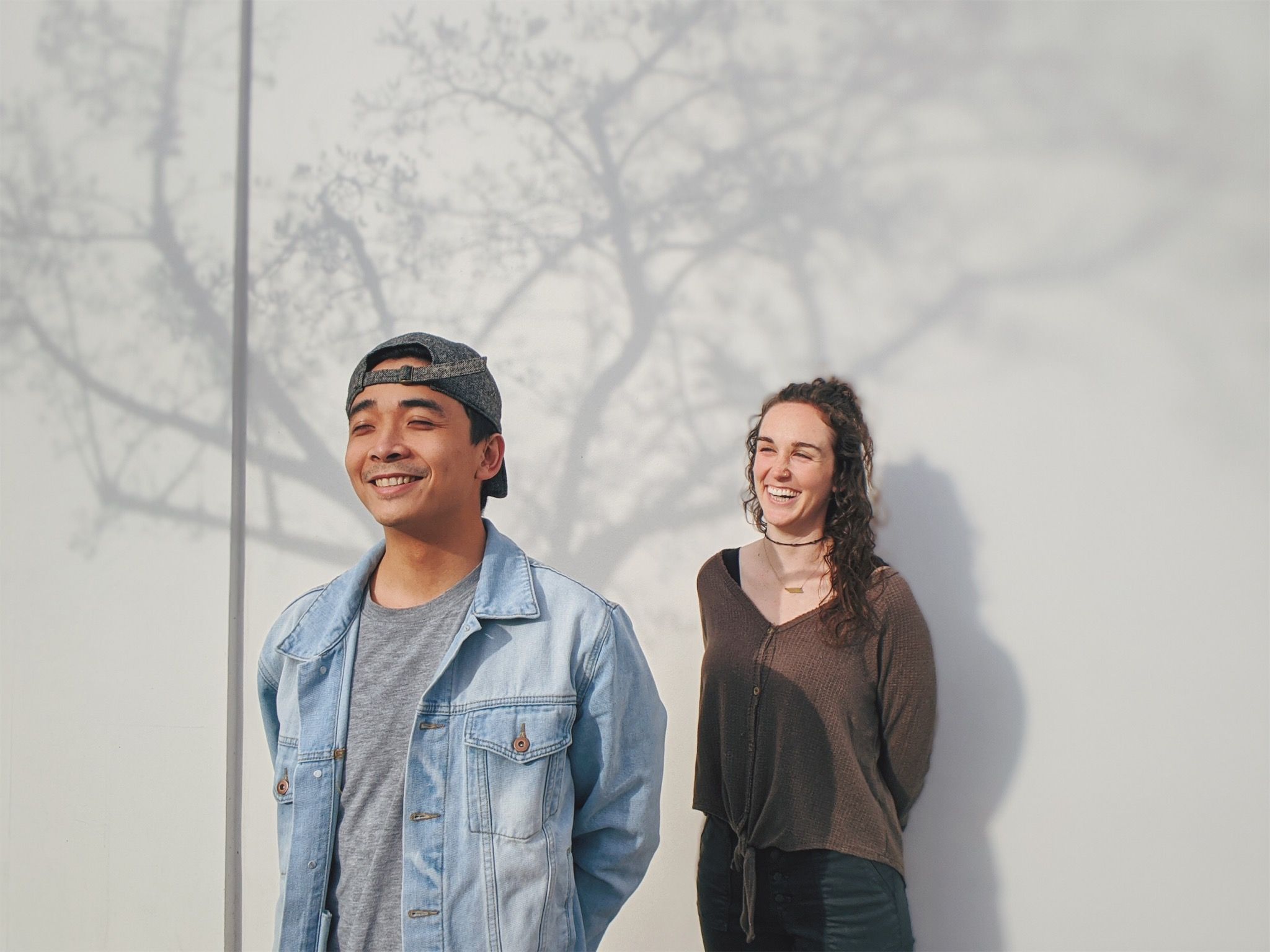
Jami: Just the way people talked about him. The way he had a background presence but you could tell he influenced a lot of the dynamics of things in the kitchen. I really wanted to know his story.
Joshue: I was a young gun with an old bullet.
Jami: I have no idea what that means. Was that an original?
Joshue: Yeah, that was an original.
[laughter]
NidhI: What happened after that first conversation?
Jami: Joshue shot his shot the next night. Once he knew he wasted no time.
Joshue: One of my friends wanted to help me out, so we went up to the dining hall to help Jami and her kids clean up.
Jami: When all the high schoolers had finished cleaning, they formed a circle and were doing whatever in there, and then Joshue got in the middle and started to break dance. I was still mopping the floors so I couldn’t really see him, but I heard everybody go nuts. When he finished all the high school guys tackled him. Honestly that’s what sold me. I thought, wow, they really love him.
By the end of that week he asked me on a date. I told him, “I have three reasons we shouldn’t go on a date. You’re about to move to Hawaii. I’ve never dated anyone before – there’s a reason I get freaked out really easily. And I have a date with a guy back home in a few months. So that’s that.”
And he was like, “Ok. So will you go on a date with me?”
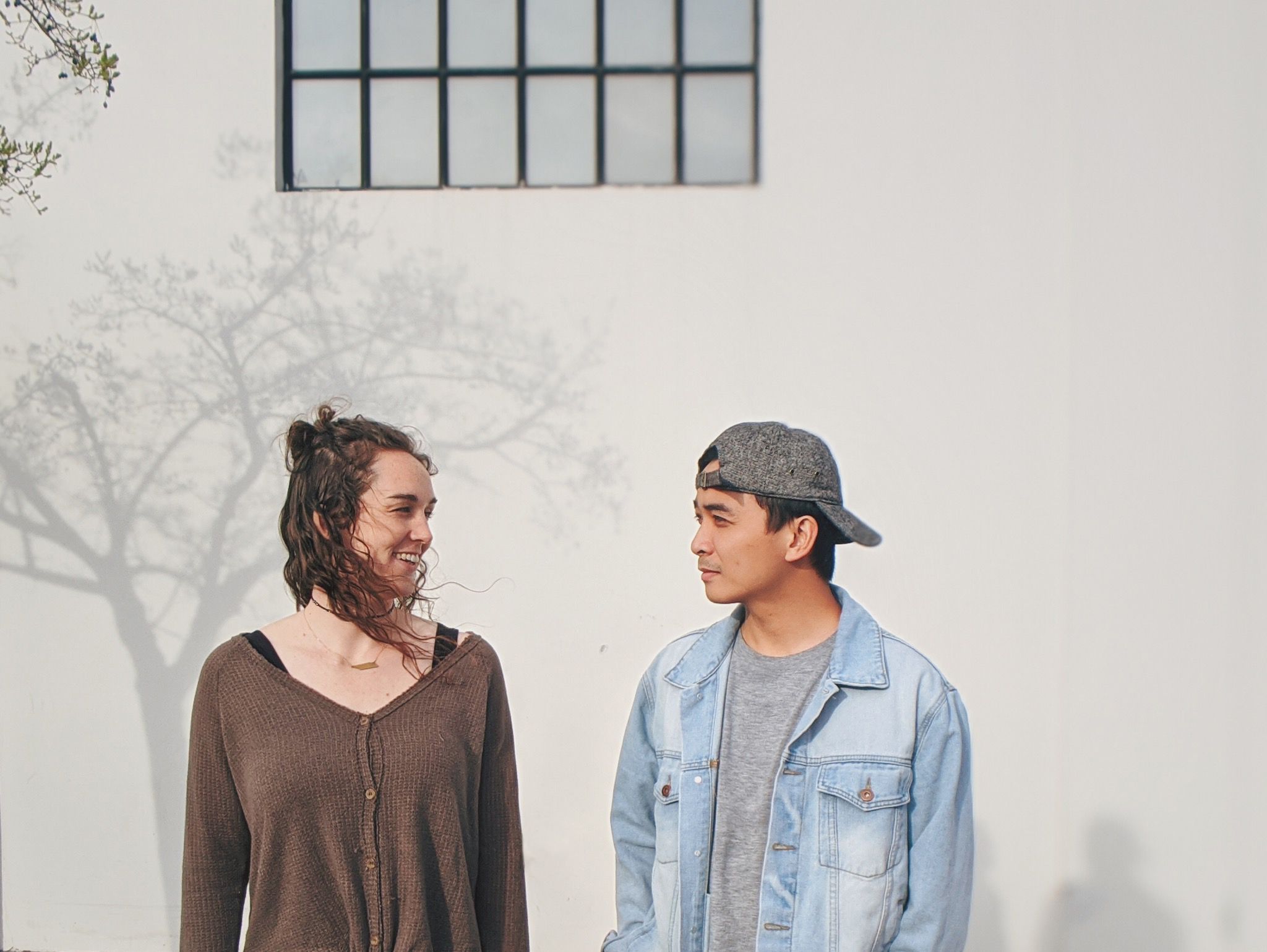
Justin: In what ways have your cultural differences played out in your relationship?
Jami: Theoretically I'm like, “oh yeah, I love the cross-cultural experience,” but in reality, it’s like “oh wait, there are ways in which we grew up very differently that gave us different preferences.” And that can be really difficult.
Something as simple as preferring sports or video games. For Joshue, playing video games is partially tied to the nostalgia of going to gaming cafes with his friends after school. And that culture doesn’t exist in Tennessee. For me, it’s not just sports within my family – it’s that literally the entire state of Tennessee is occupied with the football game that day.
Joshue: I never really watched sports growing up, it never had a place in my family. But as I learn to love sports – right now I’m all in for football and basketball –
Nidhi: Wait, you like football? As someone who didn’t grow up with it, I think it’s the hardest sport to like!
Joshue: I make comments that make watching funnier. Like I thought the “offense” was called the “defense” because they were “defending” the quarterback. So those things create really funny memories. It’s another way to connect with her dad, and I really like him.
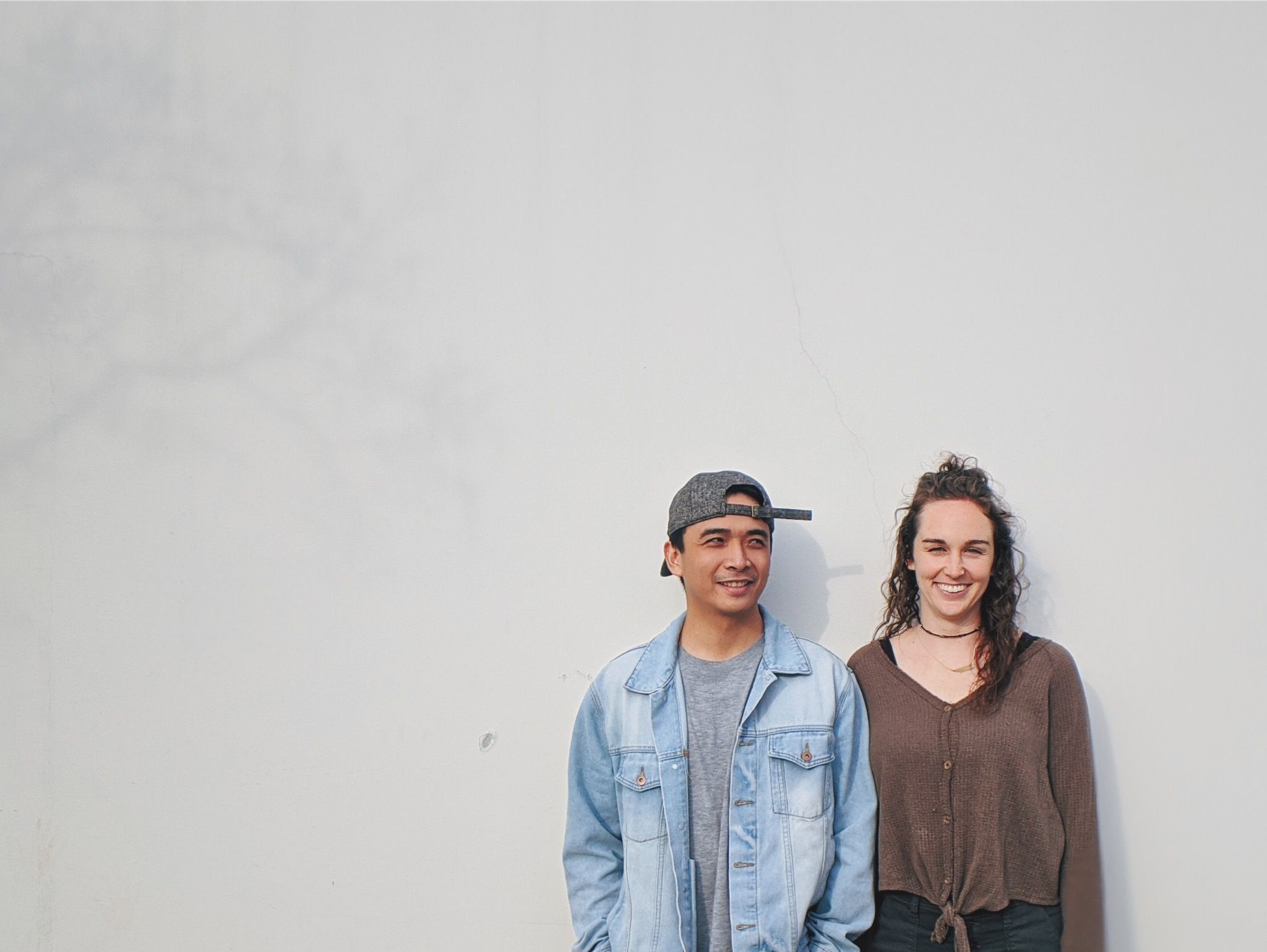
Jami: Besides just sports and video games, I would also say Joshue came into our relationship pretty heavily affected by the colonial mindset.
Nidhi: What do you mean by that?
Jami: The secondariness of his experience and identity to the white experience was so much internalized that it wasn’t even questioned or recognized.
Joshue: Yeah.
Jami: As we started talking about it and Joshue picked up a couple of books, like “The Hate You Give,” he started seeing his own story where some of those same things had played out in his life – like the whitening of Filipino actors. Would you say that’s accurate?
Joshue: Yeah, that’s pretty accurate.
Jami: One way or another, I’d like to be able to live in the Philippines or visit often enough so that I can know the culture and know Joshue’s family. I want to be able to speak about it not just from what he shares with me but from personal experience as well. And so that our kids can talk about what it means to be Filipino, not just Filipino American.
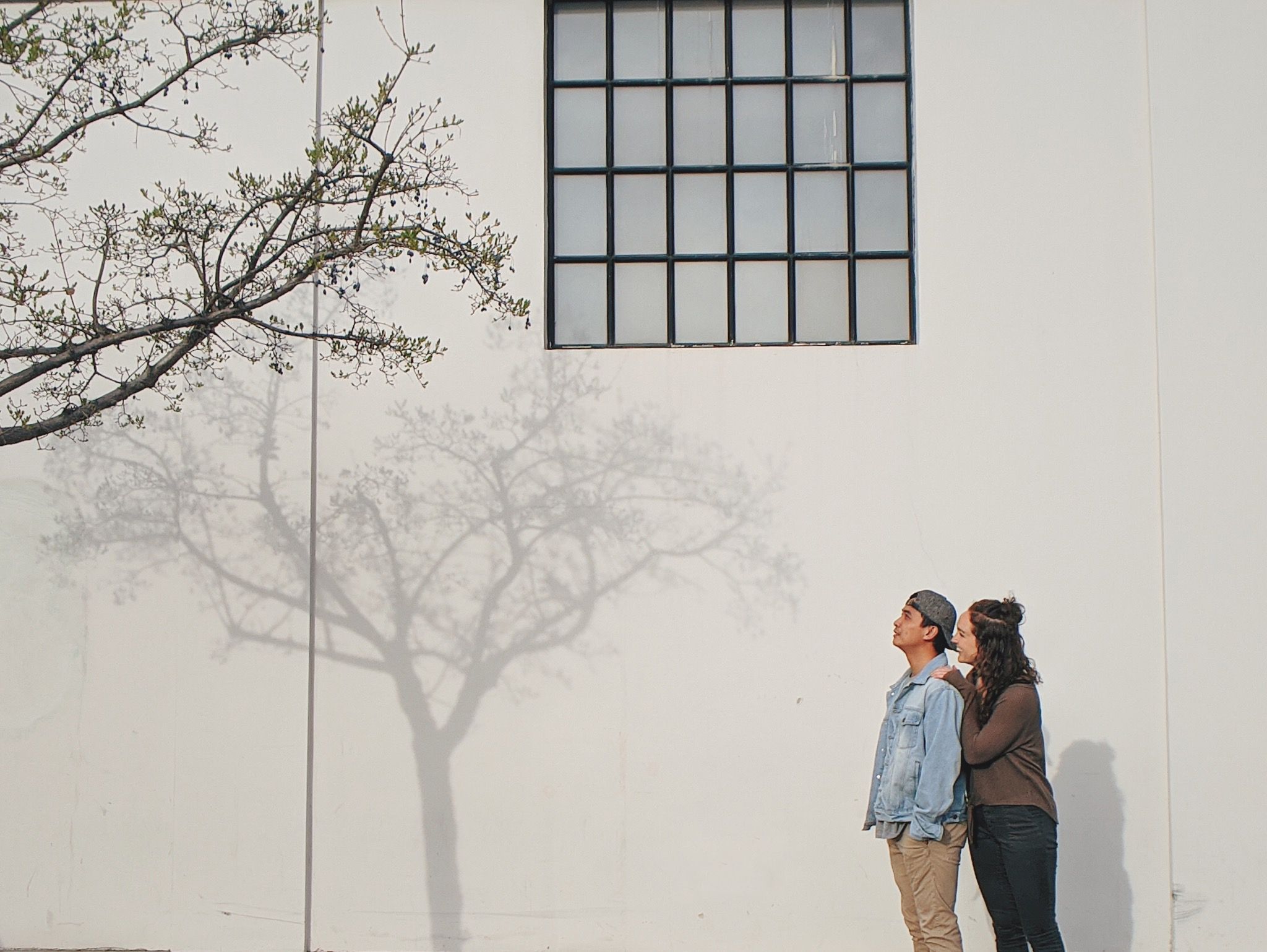
Nidhi: How do you think your different backgrounds will impact the way you do ministry together as a married couple?
Joshue: What I’m seeing, especially here, is that brown kids are usually more comfortable with other brown people. So I’m excited to be able to share what I get to learn from the kids with each other.
Jami: Sharing in ministry together as a multiracial couple communicates the vastness and expansiveness of God’s family right from the cover. There are so many ways in which we’re on opposite ends of the spectrum: race, education, a background in sports versus arts…the fact that we trust each other enough to unify ourselves communicates a certain level of inclusivity, safety, and knowing in the space arounds us.
Nidhi: The way that God’s family includes everyone – all nations and languages – is something we’ve connected on for a long time. It was really cool to hear your story, and I’m so excited for you to get married!
Justin: Yeah, thanks so much for talking with us. Anything else to say?
Joshue: Shout out to my friends!
Note from Justin and Nidhi
Because of COVID-19, Joshue and Jami had to cancel their wedding ceremony and honeymoon. If you'd like to support them, purchase a print from Joshue's photo store 📸
Other Interviews

Marcie & SimonChicago
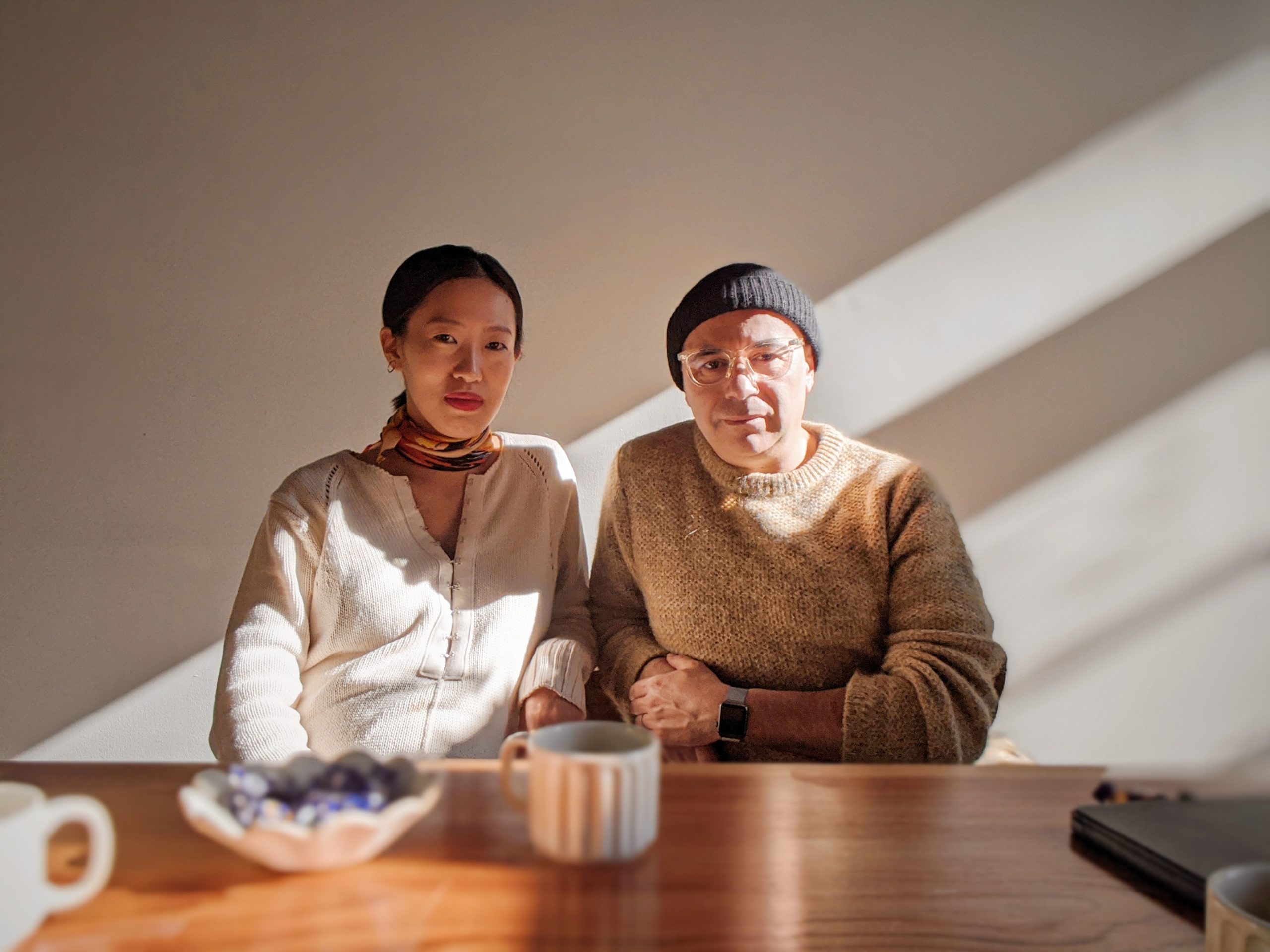
Yuka & LuisTokyo
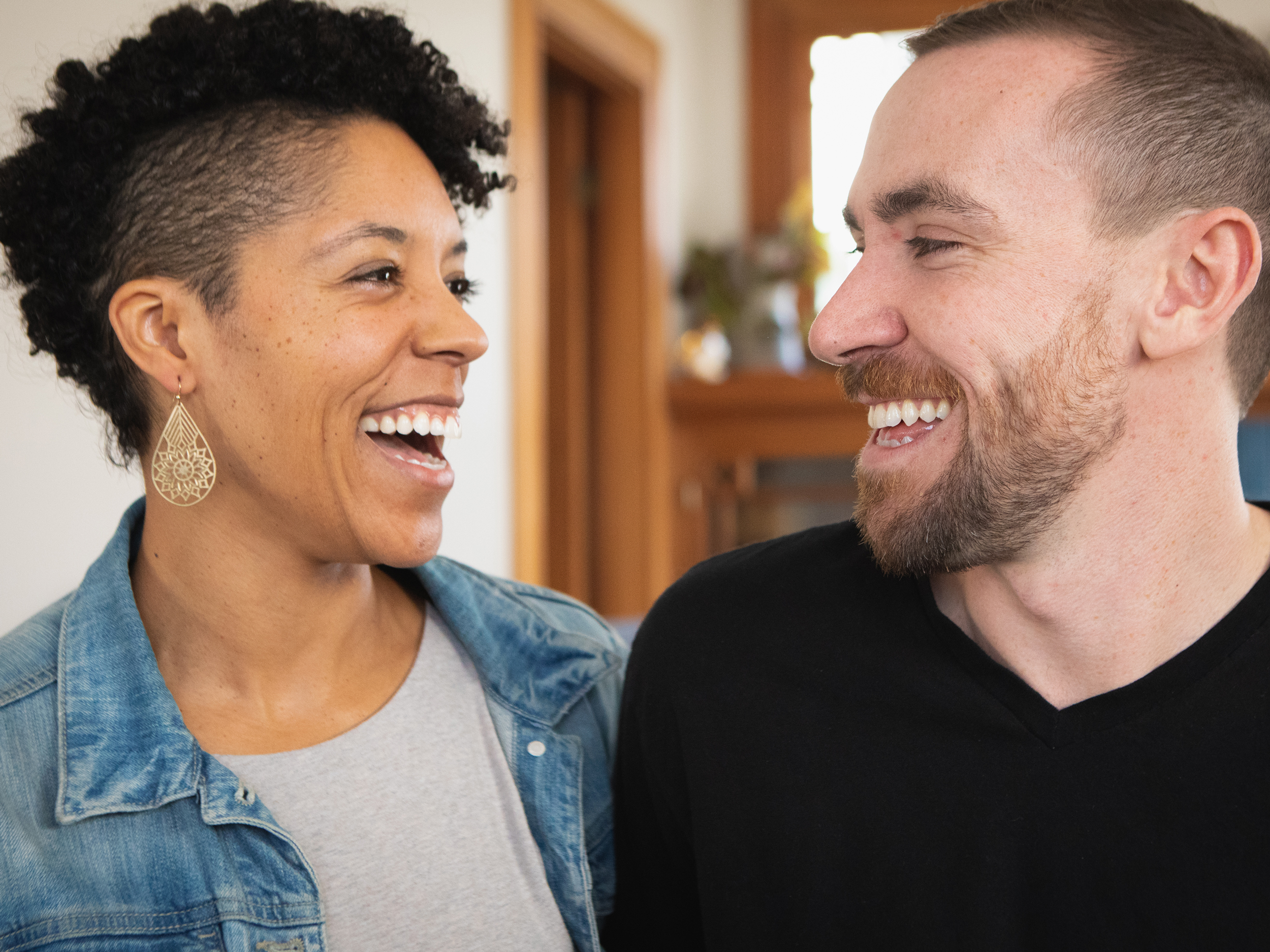
Chloe & DylanOakland
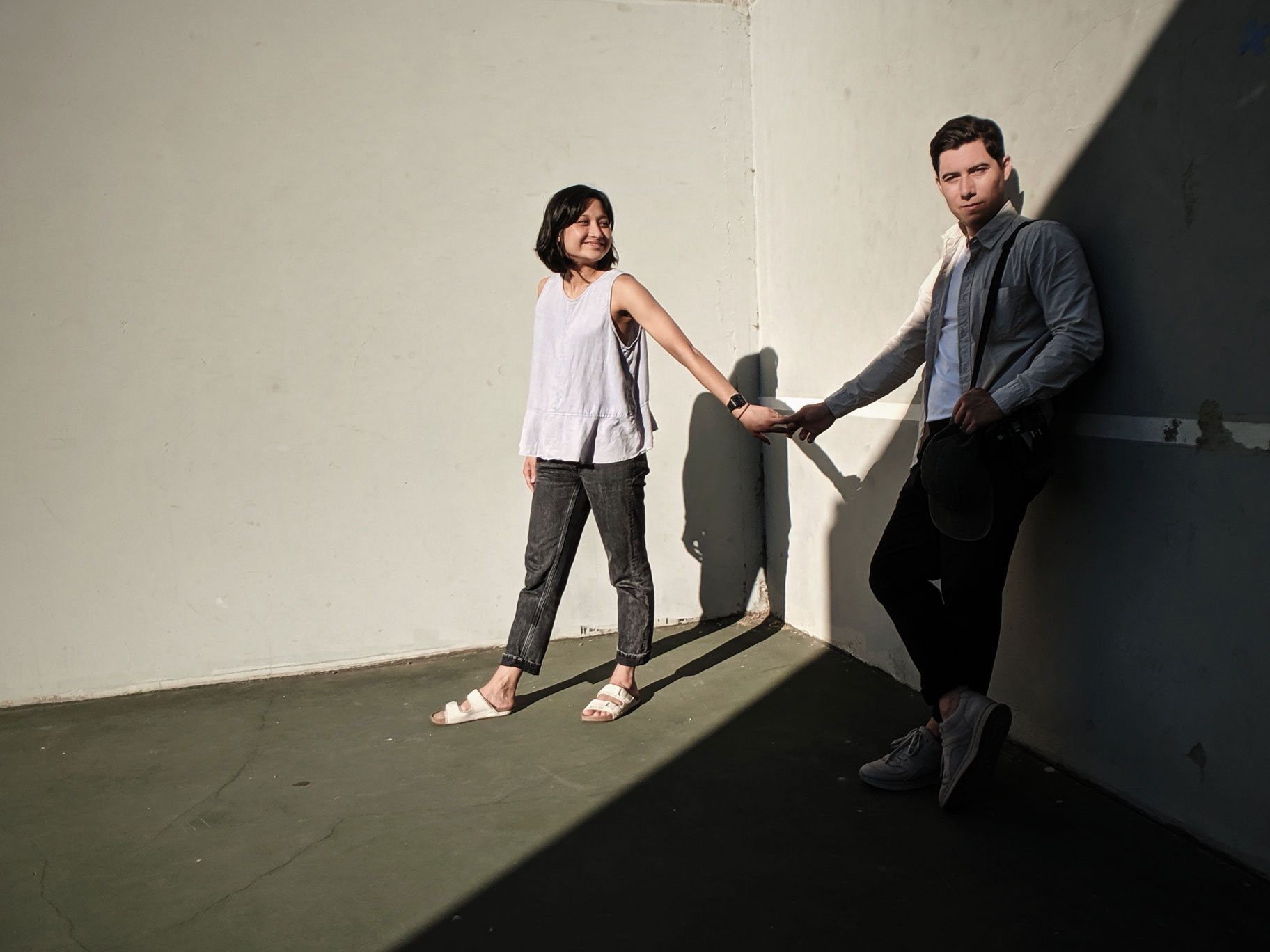
Mel & BradyNew York

Nidhi & JustinSilicon Valley
Technicolor is an online magazine celebrating multi-ethnic relationships through conversations and photos.
Created by Justin in California 
Thanks to Bonsai partners